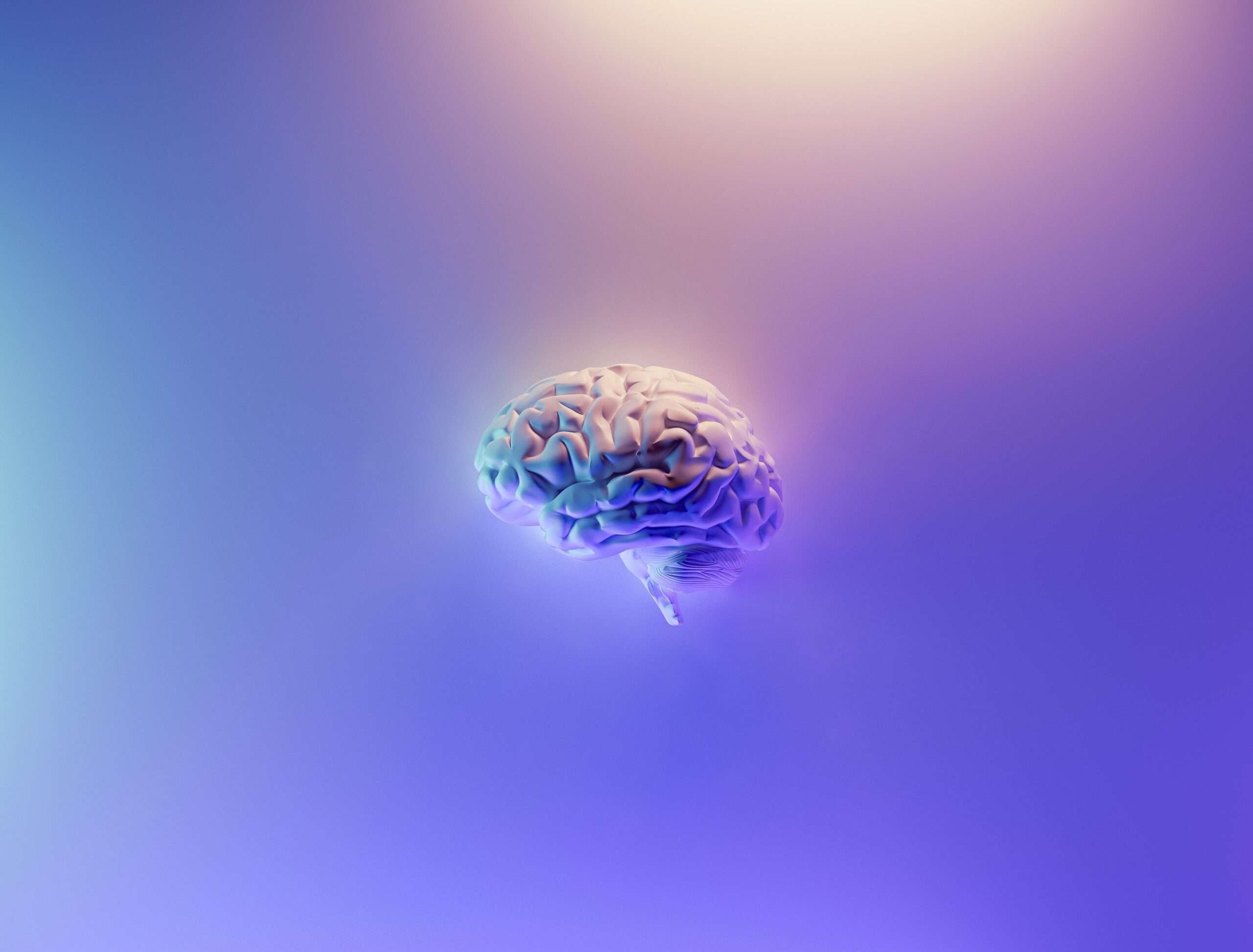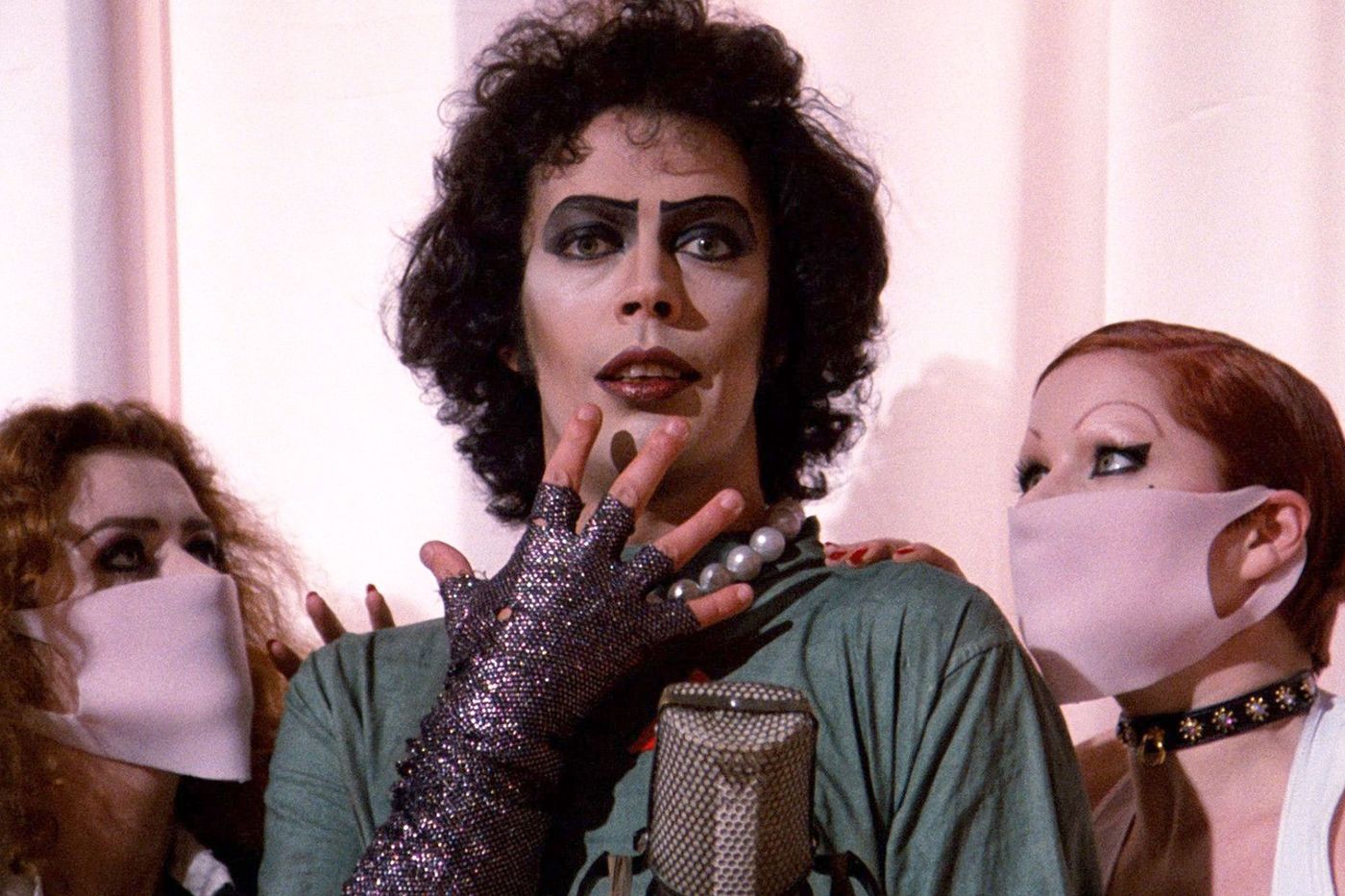Reads like it would be unconstitutional (freedom of speech and expression) while not even being a speed bump in the road for thieves looking to profit from stealing the work and likenesses of others. Especially if those thieves live outside of US jurisdiction.
So basically it’s the wrong idea and will punish the wrong people. Sounds like our corporate-owned lawmakers alright.
Why is every proposed US law I hear about some kind of acronym?
It’s a gimmick to give the law a recognizable name, usually related to the content of the law itself. It’s caught on here and just kinda stuck.
I can see the value of it but it’s also kitchy and annoying :P
Oh for sure. Especially with how many laws effectively get a name opposite of what they actually do. People read the name and vote based on that, without actually Knowing what the law does.
Because we are a sick people addicted to advertising in all sectors of our lives.
marketing
Frankly, people should be entitled to own their likenesses. I’m not a lawyer, but it seems like the examples they mention in the article; - parody, public figures, film rights, etc. - are already pretty well carved out in the courts.
I can’t just make a biopic about Michael Jackson… I would need rights to the footage and permission from his estate.
I can’t use a photo of Tom Hanks to promote a film he isn’t i, even if I took the photo (and therefore own it). If I don’t sign the release, they have to blur my face in a documentary.
Celebrities already have certain established rights to the use of their likeness, and in this day and age those rights should really extend to everyone.
Frankly, people should be entitled to own their likenesses.
Why? What does society gain right now from having celebrity endorsement, for example?
Celebrities already have certain established rights to the use of their likeness, and in this day and age those rights should really extend to everyone.
The reason that no one pays you the big bucks for an endorsement isn’t that you don’t have the same rights. You know that.
The law, in its majestic equality, forbids rich and poor alike to sleep under bridges, to beg in the streets, and to steal their bread.
Currently, these rights result from protections against defamation or fraud. This bill would turn one’s likeness into intellectual property that can be bought and sold. It would guarantee the rich and famous an extra income stream without extra labor. Anyone down on their luck, who sells their likeness to make ends meet, would actually end up with fewer rights.
News media and maybe social media would probably be asked to pay up pretty quickly. This would likely remove some of the privileges allowing them to report gossip.
Other than that, it is likely to provide an additional tool for use against “piracy”. Sharing movies and music is not just sharing copyrighted stuff, but also sharing someone’s voices and likenesses.
Interestingly, this would also effectively prevent out-of-copyright film and audio to become public domain, since the likeness rights only expire when it can be proven that they were not used commercially for 2 years.
AI use for defamatory purposes, such as deepfake porn mentioned in another post here, applies whether one is a a massive celebrity or a regular person. As the technology becomes more common, don’t you think there will be people using it on their school and work colleagues and neighbors, for a variety of petty reasons?
You talk about how horrible it would be for people to sell their likeness, without considering that without such laws and protections they can just have their likeness taken with no consent or compensation.
I am seeing a lot of grandstanding of how these laws are just the powerful taking rights away from the common man, but it seems to be exclusively from the angle of how that affects the AI user, not the regular people whose likenesses might get used by AI.
To be fair here’s good reason to be careful over how this matter is legislated, as media companies love to use any excuse for overreach. But the solution is not leaving the internet a wild west of people smearing each other by faking videos.
Consider that the advent of the camera created a need for many laws, because before then even the most realistic image was known to be fabricated rather than a replica of reality. Now AI and other new media technologies are creating possibilities which we never had before, for which our previous laws are insufficient.
Not having oppressive and exploitative laws does not make “a wild west”.
Even so, I would always choose a wild west over neo-feudalism, as the lesser evil.
Those are not the only two options, and the existence of laws and regulations does not make it “neo-feudalism”.
This act wants to create a privilege for the famous. It expends their control over public discourse and lets them collect money without working.
Unearned privileges for an elite are neo-feudalism.
Not every artist is rich and famous either, most are not. It’s disingenuous to pretend they are,
Saying artists want to “collect money without working” when people are trying to get AI trained on their works without permission to replicate their output is a total reversion of the situation. The artist already put on their work, the ones wanting things without work are the AI users.
But I see discussing this won’t go anywhere. If you won’t even admit what an overblown hyperbole it is calling it “neo-feudalism” then there’s no discussion to be had.
Did you see “Thank You for Smoking” and think that’s the best thing one can be?
I’ve never even hinted that every artist is rich or famous. I believe your posts are intentionally misleading. Nevertheless, if you take back the implied lie about me, I will continue to entertain the idea that you are not intentionally manipulative.
to outlaw AI fraud parody cartoons etc, not all parody cartoons etc RIGHT?
RIGHT?
Says people who always wanted the aforementioned things outlawed…







